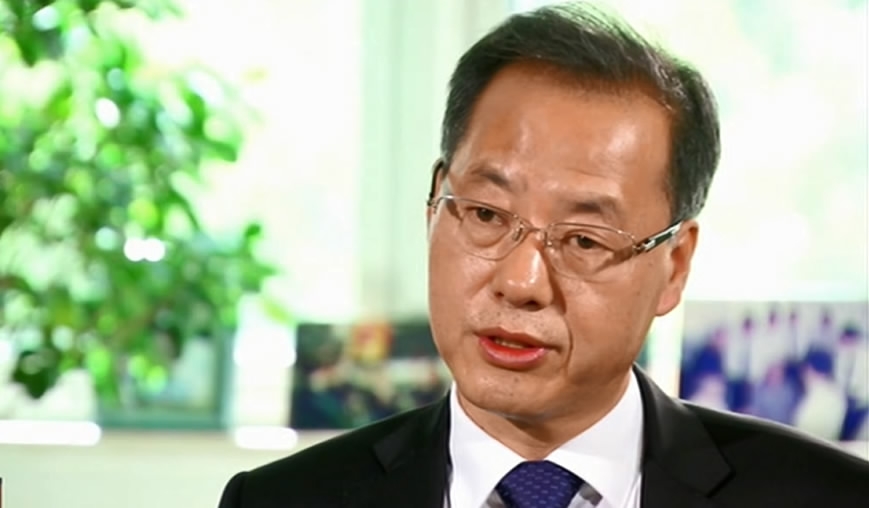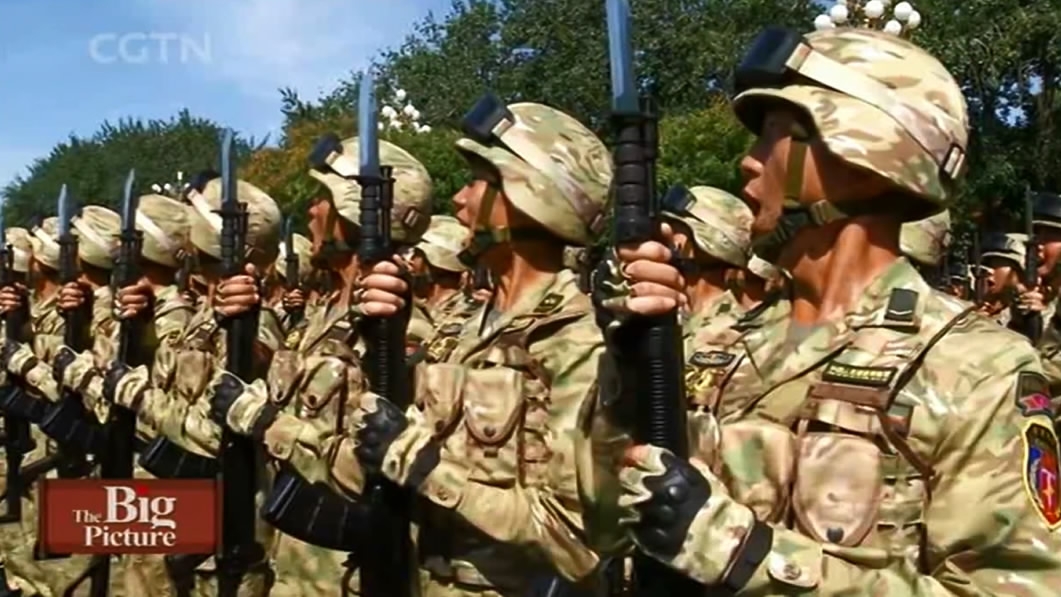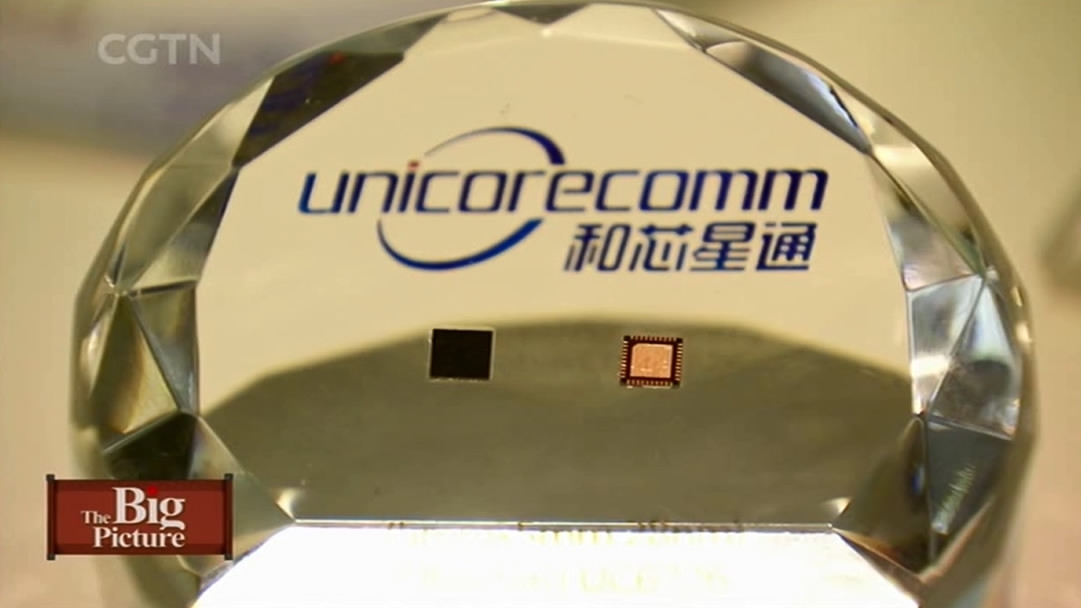
Military
16:03, 13-Oct-2017
The Big Picture: China’s civil-military integration pushes companies’ boundaries
CGTN's Wei Lynn Tang and Han Bin

The world is your oyster.
Literally, this can be said for Beijing BDStar Navigation Co. Ltd’s "BeiDou" system – China’s pride in navigation and satellite positioning, and one that can give the US’s global positioning system (GPS) a run for its money.
BDStar has the country’s civil-military integration push to thank. The company has expanded its wings in revenue streams and geographical outreach. Principally offering services to civilians, it has now also entered the previously out-of-bounds military market.
In a nutshell, civil-military integration means integrating what can be used previously by civilians, to the People’s Liberation Army (PLA), and vice versa. This is part of China’s ongoing efforts to draw on private sector expertise to quicken the pace of its military transformation, echoing President Xi Jinping’s repeated call.
CGTN’s Han Bin spoke to Zhou Ruxin, chairman of BDStar, and finds out how the company has capitalized on this agenda, and is on its way to becoming a global player.
Efficiency and costs-driven

Zhou Ruxin, chairman of BDStar. /CGTN Photo
Zhou Ruxin, chairman of BDStar. /CGTN Photo
According to Zhou, many of the advanced technologies come from civilian enterprises.
"In the process of civil product development, they can greatly reduce the cost of technology. The civil-military integration has great significance for improving the quality of weaponry and reducing military expenditure," he said.
While BeiDou only kicked off in 2000 with its first satellite – two decades after US’s GPS – its outreach has been impressive, with almost all of Chinese fishing boats now having installed BeiDou.
The company is not resting on its laurels. BDStar says it will achieve global coverage by 2020.
While subsidies given by the Chinese government to encourage fishermen to install BeiDou has reportedly helped in the company’s push, it has nonetheless sought to continuously innovate.
Besides being able to track the precise location of boats, the BeiDou system also allows users to send text messages, thus saving it from having to make satellite phone calls.
Additionally, Zhou says BeiDou can provide position accuracy of less than 10 meters.
In short, a wide coverage, accuracy, and minimum costs are what BDStar strives for in its services.
New markets, new vitality

Civil-military integration has helped to push military modernization. /CGTN Photo
Civil-military integration has helped to push military modernization. /CGTN Photo
Civil-military integration has helped push boundaries.
Zhou shares, "Previously, civilian companies weren't taken seriously when entering the monopolized military markets."
"We survived in the cracks, and seized the opportunity to become a world-class company. As civil-military integration gradually advances, this strategy could bring new vitality to the civilian enterprises," he said.
BDStar, one of China's first listed companies that specializes in navigation and positioning services, has since gone on an acquisition spree to further its outreach.
Last month, BDStar has completed its purchase of a 57.14 percent stake in Germany’s in-tech GmbH – which BDStar refers to as a "historic breakthrough", as this enables it to have its first large-scale business unit in Europe.
This marks the company’s second overseas unit after its Canada-based RX Networks Inc. acquisition in August, of which BDStar said it plans to build up a global cloud platform service system through the buy-out.
What does the future have in store?

The world’s smallest chip produced by BDStar. /CGTN Photo
The world’s smallest chip produced by BDStar. /CGTN Photo
Chinese President Xi Jinping has repeatedly called for the strengthening of China’s national defense and the combativeness of its armed forces by greater civil-military integration and usage of advanced technologies, which means to make the PLA leaner, smarter and more combatable.
China’s move in upping its military does not mean it is in favor of war; but rather, it is a means to be able to endure foreign invasion better, should it happen.
To summarize, civil-military integration has enabled the growth and development of both the civilian and military market.
One of BDStar’s latest products – the world’s smallest chip at less than 3 millimeters – is just one of its various chips developed for both civilian and military purposes.
Just as how civil technologies have been applied by the PLA, it is reported that military-purpose technologies will also be applied in civil fields, such as the aviation and commercial aerospace industries. As such, the benefits of a spillover to the economy are immense.
The key is to continue drawing on expertise and technology from both sides. At the end of the day, a win-win result is what everyone is looking for.

SITEMAP
Copyright © 2018 CGTN. Beijing ICP prepared NO.16065310-3
Copyright © 2018 CGTN. Beijing ICP prepared NO.16065310-3